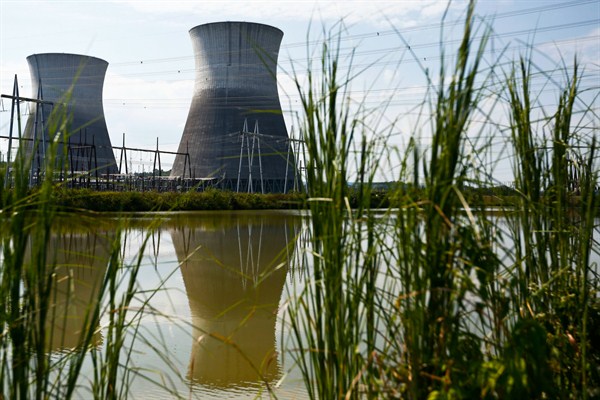In 2007, The Economist reported that “America’s nuclear industry is about to embark on its biggest expansion in more than a generation. This will influence energy policy in the rest of the world.” Safety, management and regulatory improvements, it predicted, would lead to an “atomic renaissance” for a nuclear energy industry hobbled for decades by the accidents at Three Mile Island and Chernobyl.
The nuclear industry itself anticipated that soaring electricity demand in fast-growing developing countries and rising concerns about climate change would drive countries to take a fresh look at an industry whose safety practices appeared to have improved considerably since the 1980s.
But a decade later, the amount of electricity generated by nuclear power has actually dropped slightly, even as electricity demand in developing countries has grown. In the United States and other countries with nuclear power, utility companies have retired plants before the end of their useful lifetime, terming them uneconomic. Countries like Vietnam, which has planned to develop nuclear power for years, and South Africa, which has one reactor, have either scaled back grand plans to build several power plants, or abandoned them altogether.

